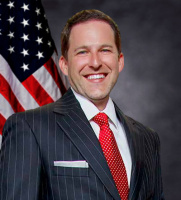Carrollton DUI-DWI Lawyer, Texas
Sponsored Law Firm
-
 x
x

Click For More Info:
-
Noemi A. Collie, P.C.
1012 N. Bishop Ave. Dallas, TX 75208» view mapCriminal Defense Law Standing Up For Your Rights
We are the region's leading law firm, and have been for more than 20 years. Don't face a criminal charge alone.
800-930-8960
Darlina Crowder
Attorney Darlina C. Crowder provides criminal defense representation for clients in the Plano, Texas area. She has been practicing law in the U.S. Dis... (more)
Aaron Alan Herbert
✓ VERIFIEDFor over a decade he has shown an unwavering commitment to clients who were seriously injured by major accidents and industrial catastrophes. During t... (more)
Hunter A. Biederman
Hunter Biederman, often referred to as the “Go to Guy for DWIs” is a founding partner of the Law Offices of Biederman & Burleson P.L.L.C., located... (more)
Jay Bishop
✓ VERIFIEDJay Bishop proudly serves Dallas, TX and the neighboring communities in the areas of DUI-DWI and Family law.
 Noemi Collie Dallas, TX
Noemi Collie Dallas, TX Practice AreasExpertise
Practice AreasExpertise






